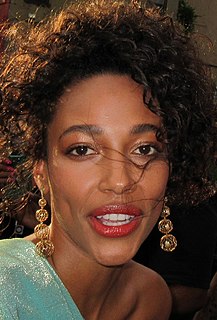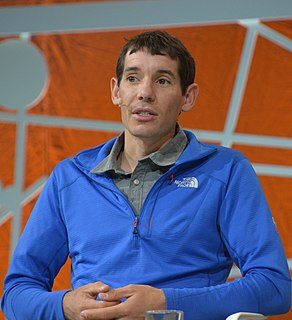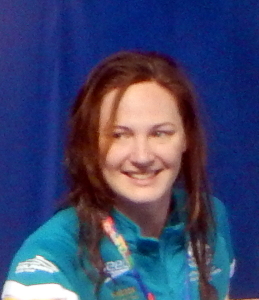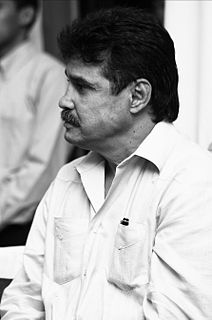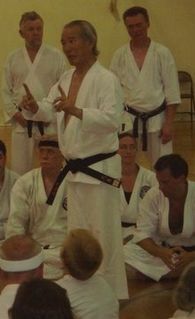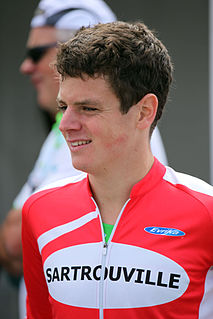A Quote by Leo Varadkar
What I do now is I train in the mornings, and people ask me why I do it. I do it for two reasons: first of all, to keep in shape, but secondly, I think training, sport, and physical activity is really good for mental health.
Related Quotes
The thing with physical preparation is I have tons of friends who train at a really high level and who can give me advice. But with mental training, I don't really know anybody who has a much better mind for climbing, I guess, so I don't really know where I would go. It's not really a limiting factor for me.
I think when a man first discovers that two and two is four, there is 'beauty' in that; and we can see why. But if people stand and look at the moon and one says 'I think it's just beautiful tonight' and the other says 'The moon makes me feel awful' we are both 'clear'. A geometric shape - we know why we like it; and an unreasonable shape; it has a certain mystery that we recognize as real; but it is difficult to put these things in an objective way.
Each one of us starts Karate with some particular reason: to be a good fighter, to keep in good shape, to protect oneself. I wanted to become very strong myself when I first began. But Karate training soon teaches that real strength is facing oneself strictly, with severe eyes. This is the first condition of martial arts training. Therefore, all karateka must be strong inwardly, but quite gentle to others. As we train together, each contributing to a good atmosphere, let's try to bring out that serious strong mentality from deep inside.


